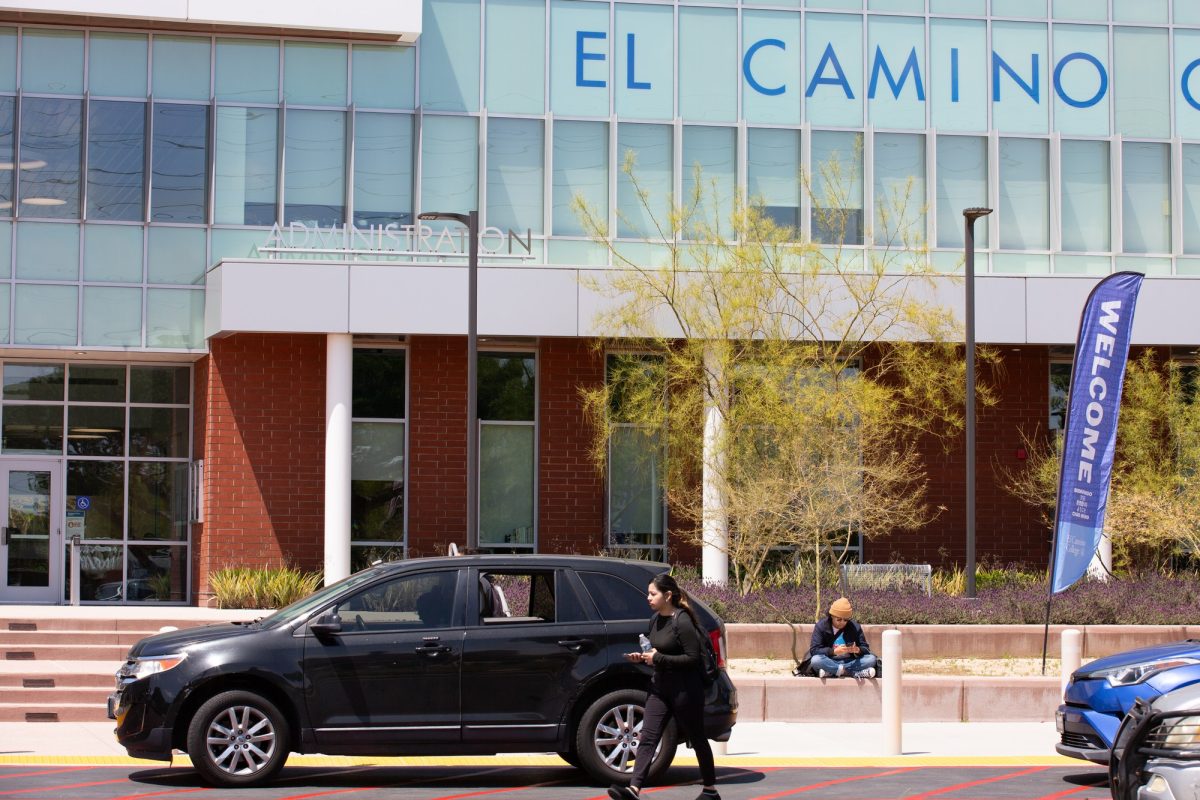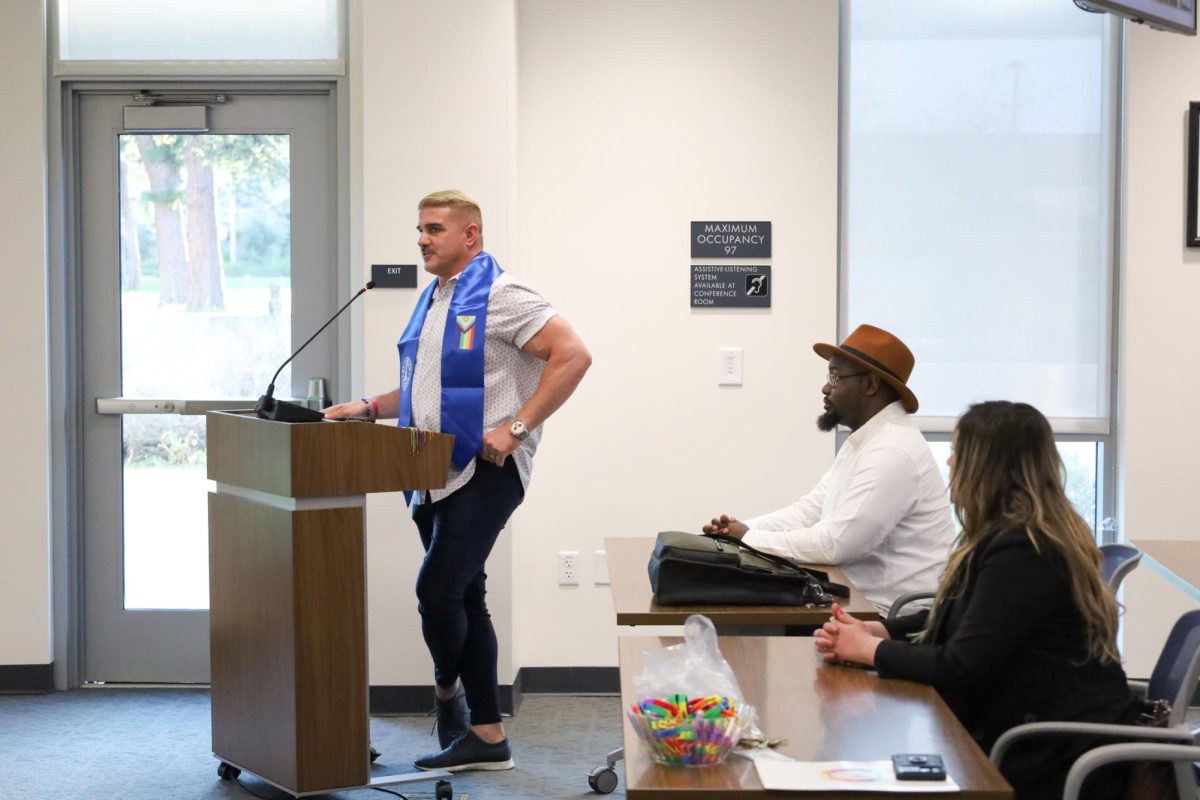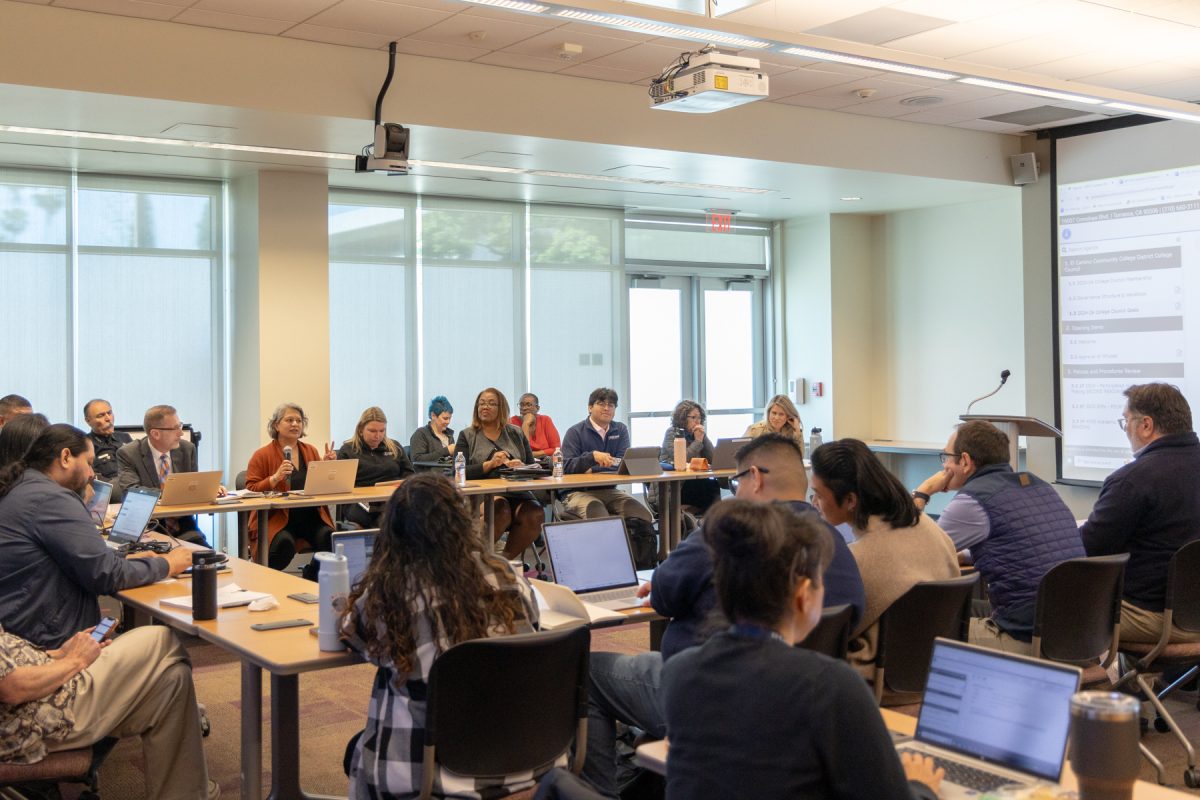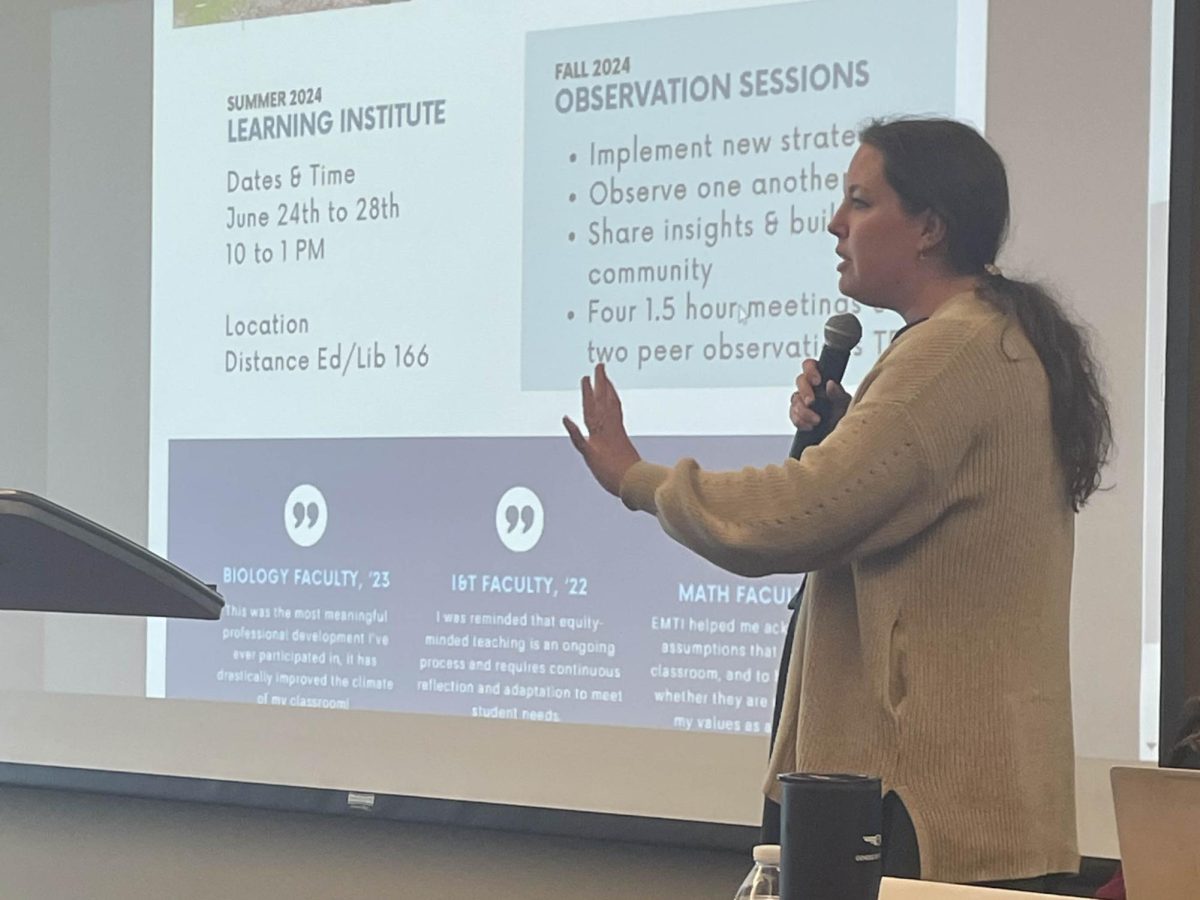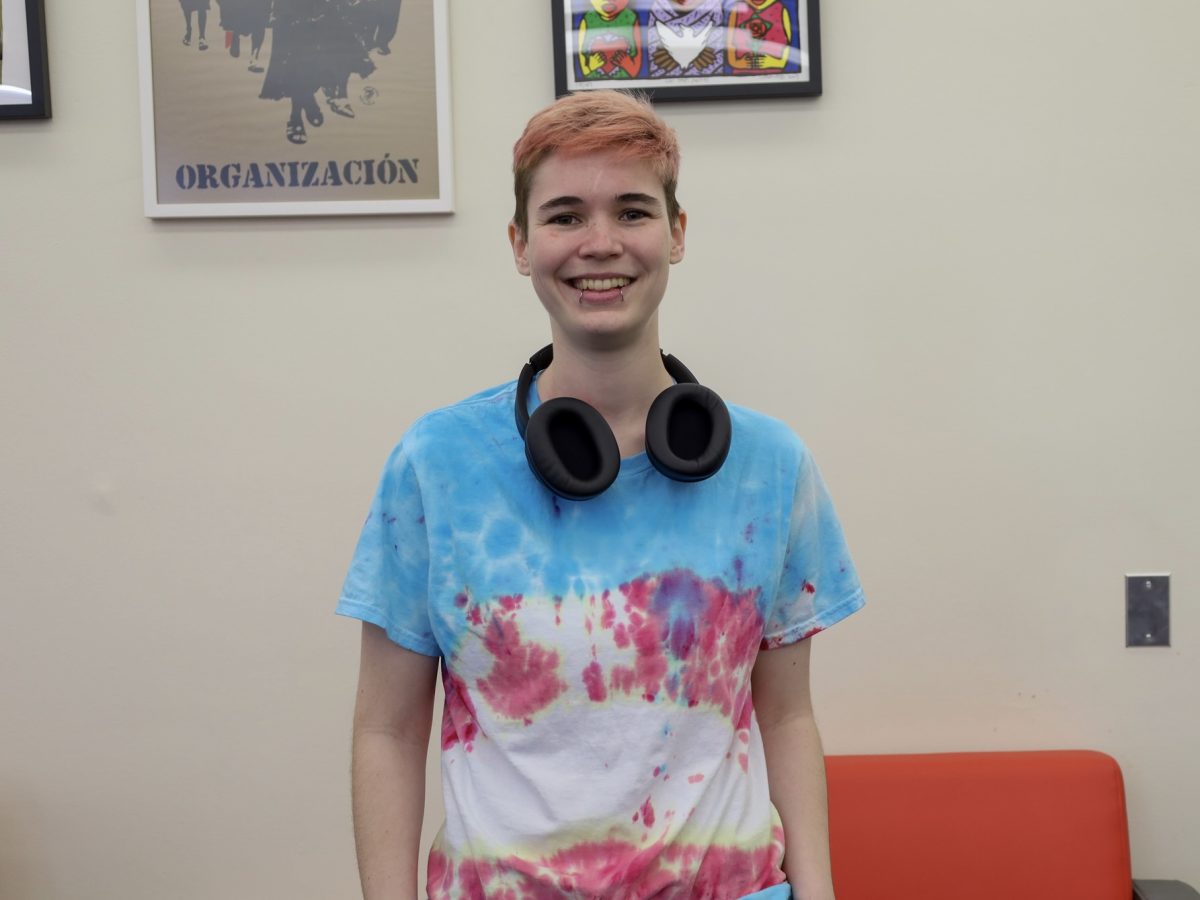In the past, enrolling in a class was simple. There were no questions, no hassles and no required educational plans needed.
However, with the approval of the Board of Governers, the Student Success Task Force (SSTF) will come to all 112 community colleges in California and will be implementing 22 recommendations to better serve and educate the 2.6 million students.
According to the Chancellor’s office, the recommendations are focused toward helping streamline the graduation process and close achievement gaps.
Among those 22 recommendations are that students entering a community college will be required to attend an orientation, declare a major, and create an educational plan in order to receive priority enrollment.
Continuing students will lose enrollment priority if they have not declared a major by the end of their third term, deviate from their developed education plan and will also be bumped from priority if they reach a maximum of 100 attempted units.
Students like Andrea De La Cruz, 21, liberal studies major said she understands what the Task Force is doing as it will only benefit students.
“Students are taking random classes and failing them so they end up taking more classes,” De La Cruz said. “I’m paying for my classes, but in the end, I invested in something that was worth it.”
Students will also be at risk of losing enrollment priority if they are placed on academic probation for more than two consecutive terms or obtain a 2.0 GPA after attempting 12 or more units.
“They’re talking about a system in which highest priority registration is given to those who are in good standing, following their ed plan, or are first time students,” Jeanie Nishime, vice president of student and community advancement, said.
Under current academic codes, enrollment priority is calculated based on the number of units each student has accumulated and with little discretion as to individualized necessity, academic progress, or educational goals.
Jack Scott, Chancellor of California Community Colleges said “de facto rationing system” is in a way the reasoning of why the Student Success Task Force was formed by a vote of the Senate in 2010— to research what could be done to answer the supply and demand question.
Jeanie Nishime, vice president of student and community advancement said that the college had already started working on a plan to help students move at a faster pace.
“I think we saw the writing on the wall that accountability—the number of students that you get through the system and graduate—would be examined more closely,” Nishime said.
According to the SSTF, the recommendations to the board of governors are to increase college and career readiness, strengthen the support for entering students, incentivize successful student behaviors.
“I think this plan is beneficial,” Trent Ledford, 22, film major said. “If this plan were implemented into community colleges two years ago, I would be transferring by now.”
Under new legislation, all 112 community colleges would have to adopt a centralized English and math assessment test and must design their curriculum to align with K-12 common core standards for career and college preparedness.
Students who show a lack of college readiness will be required to participate in a support intervention activity or be placed in non-credit basic skills success courses before pursuing college level curriculum.
While feedback on improving college readiness has been mostly positive, the recommended changes to enrollment policies have raised concerns that many will be left out.
“It’s not fair, people need time to think about their major. They focus on getting general ed classes that they need then they pick their major that’s how it should be,” Yisel Gonzalez, 18 design major said.




